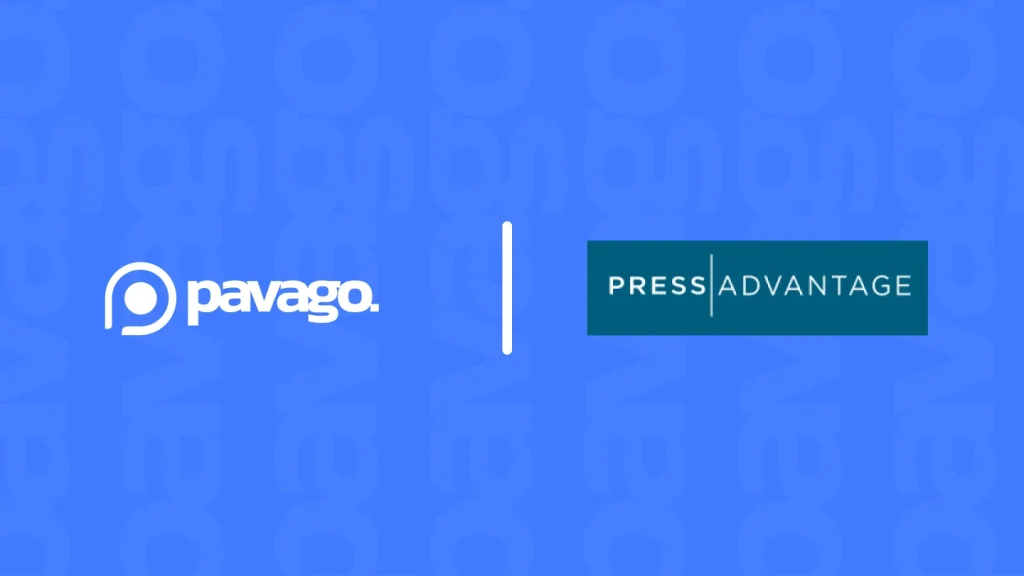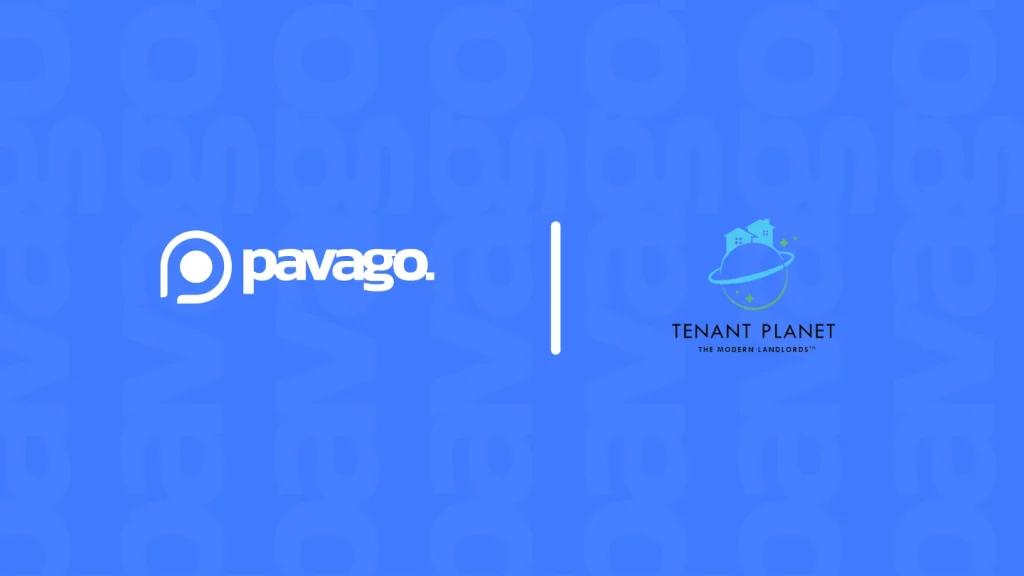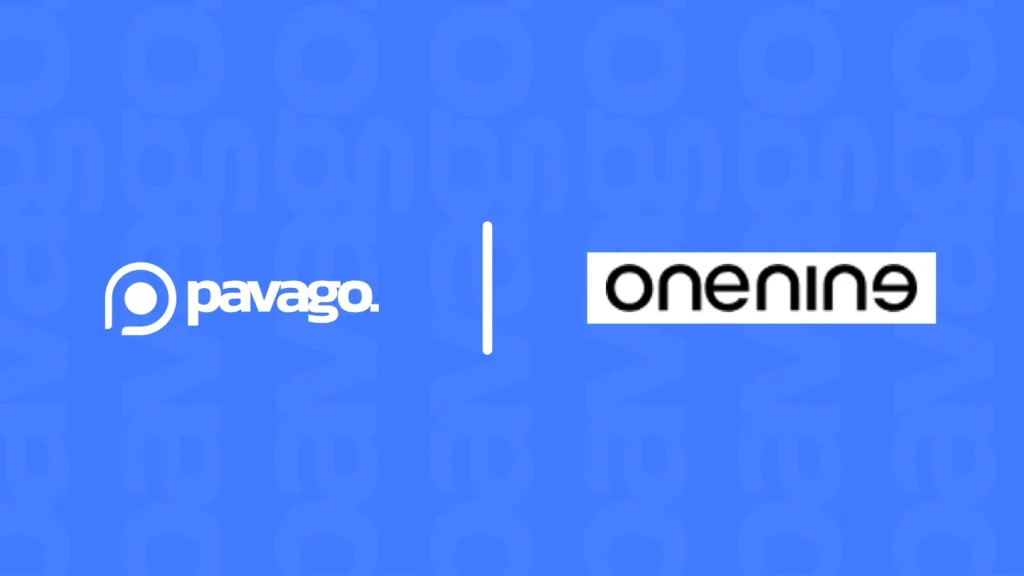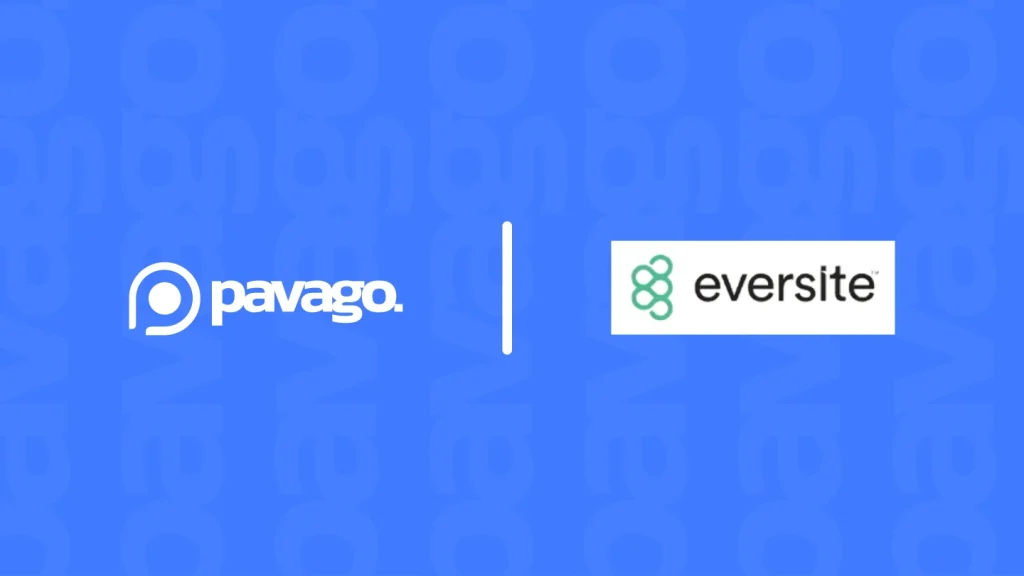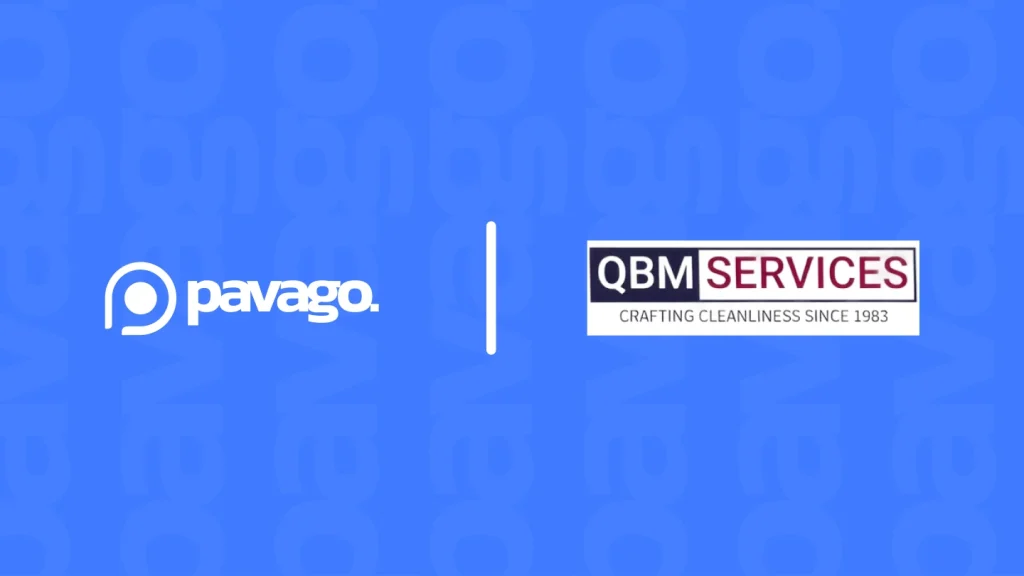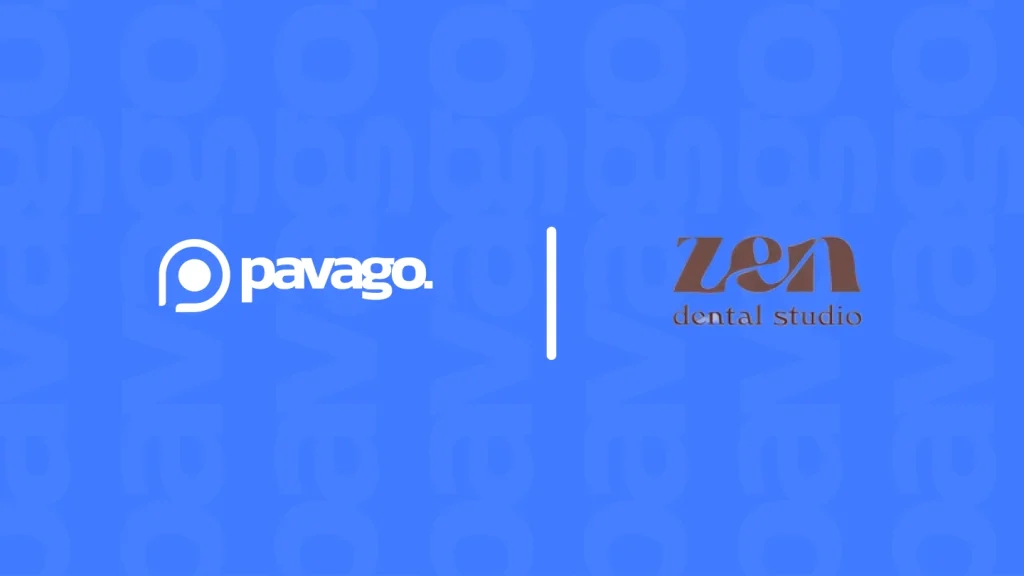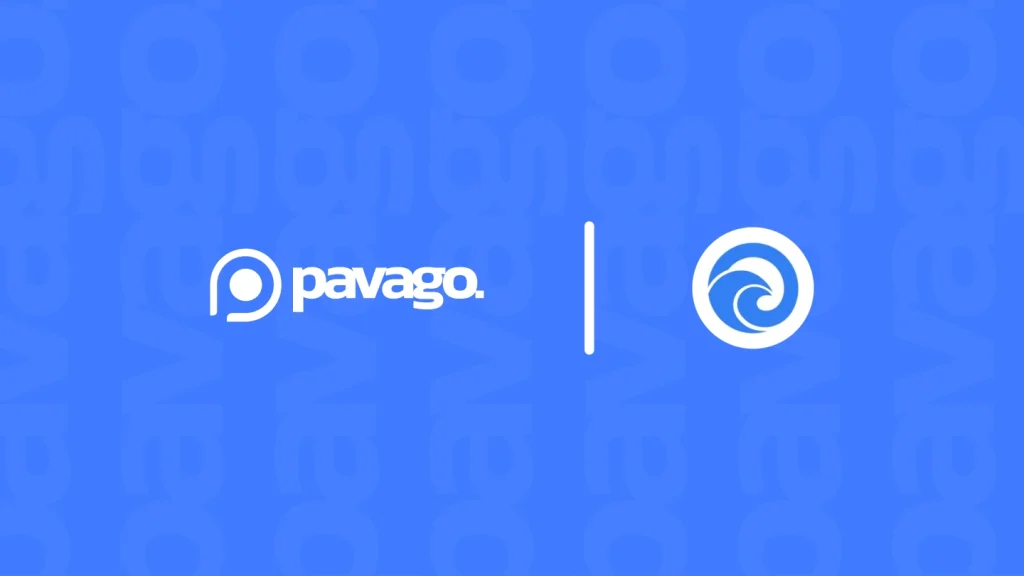Are your offshore interviews feeling more like missed connections? Creating the right questions can be the key to unlocking global talent, bridging cultural divides, and ensuring your team’s expansion is as seamless as it is successful.
This article will guide you through the nuances of interviewing candidates from different corners of the world, ensuring you can navigate this complex landscape and be well aware of the most relevant interview questions for offshore candidates.
Here’s what you’ll learn:
- Decoding Cultural Nuances: Understanding cultural impacts on communication.
- Crafting Effective Questions: Techniques to elicit insightful responses.
- Evaluating Skills and Fit: Assessing technical abilities and cultural alignment.
💡 Pavago does all the interviewing for you, ensuring you connect only with candidates who are a perfect fit for your team. Our targeted approach to conducting interviews means you get top-tier talent without the hassle in just 3 weeks, allowing you to focus on what matters—scaling your business efficiently and effectively.
Unique Aspects of Interviewing Offshore Candidates
Interviewing offshore candidates introduces a set of unique challenges that can significantly impact the effectiveness of your hiring process. Understanding these aspects is crucial to successfully integrating global talent into your team.
Here, we explore the distinct elements you need to consider for an offshore job interview.
Time Zone Differences
Navigating time zone differences is a critical factor when scheduling interviews with offshore candidates. These differences can lead to logistical complications, requiring flexibility and careful planning.
Effective strategies include using scheduling tools that automatically adjust for time zones and agreeing on meeting times that are convenient for all parties involved. This approach ensures smooth communication and shows respect for the candidate’s time, fostering a positive first impression.
Tools:

Calendly: Automates the scheduling process by allowing candidates to choose a time slot that fits into your predefined availability, automatically adjusting for their time zone.
Steps:
- Schedule Flexibility: Offer a range of interview times to accommodate the candidate’s local working hours. This approach demonstrates respect and consideration for their time.
- Confirm Details: Always send a confirmation email with the time of the interview in both your time zone and the candidate’s to avoid any confusion.
Remote Work Environment
Offshore interviews typically take place in a remote setting, relying on digital communication tools to connect with candidates. This environment demands a different set of skills from both interviewers and interviewees.
For interviewers, it’s essential to be adept with technology and capable of creating a connection through a screen. They must also evaluate a candidate’s ability to work effectively from a distance, including their proficiency with remote work technologies and self-management skills.
Tools:
Zoom: Offers a reliable, widely accessible platform for video interviews, with features that support a global user base.
Slack: Beyond messaging, Slack can be used for quick voice and video calls, making it a good option for less formal interview interactions.
Steps:
- Check Technical Setup: Before the interview, conduct a technical check to ensure all equipment and software are functioning properly.
- Interview Etiquette: Maintain eye contact and be mindful of your body language to foster a connection despite the physical distance.
Cultural and Communication Differences
Cultural and communication differences can greatly influence the interview process. These differences can affect how candidates perceive questions and interact during the interview. Interviewers need to have a deep understanding of these nuances to accurately interpret responses and behaviors.
Training interviewers to recognize and adapt to cultural variations can enhance communication clarity and prevent misunderstandings, ensuring a fair assessment of each candidate’s capabilities and fit.
Tools:
GlobeSmart: An online tool that provides detailed cultural information and advice tailored to specific countries, helping interviewers prepare for interactions with candidates from diverse backgrounds.
LanguageLine: In cases where there is a significant language barrier, consider using a service like LanguageLine for real-time translation.
Steps:
- Cultural Sensitivity Training: Provide training for interviewers on cultural nuances and communication styles of the regions from which you are hiring.
- Prepare and Practice: Before conducting interviews, prepare culturally neutral questions and practice delivering them to ensure clarity and cultural appropriateness.
💡 At Pavago we specialize in navigating these complexities. Our rigorous offshore recruitment process is designed to adapt to the unique challenges of offshore interviews, ensuring that we connect you with candidates who not only meet the technical requirements of the job but also align well with your company’s culture and values. Through our structured approach, which includes detailed candidate profiling and expert-led interviews, we ensure that you make informed hiring decisions quickly and efficiently.
Comprehensive Candidate Evaluation for Offshore Hiring
When hiring candidates from abroad, it’s essential to cover a spectrum of criteria to ensure they not only possess the necessary skills but also fit well with your company culture and remote work environment. Let me share some offshore job interview tips which will help you to find the right offshore talent.
Assessing Skills and Experience
The first few offshore interview questions will be about their core skills and past experience.
Question: “Can you describe your experience and skills relevant to the job description of this role?”
- Purpose: To assess the candidate’s qualifications, identify any gaps in experience or skills, and evaluate their potential to contribute successfully to projects.
- Pro Tip: Ask candidates to provide detailed examples that showcase their ability in real-world situations, and discuss how they plan to fill any identified skills gaps.
Question: “Tell me about yourself/your previous work experience.”
- Purpose: To gauge the candidate’s professional achievements and their ability to articulate their strengths and work ethic.
- Pro Tip: Encourage candidates to highlight experiences that align with the team and company culture, assessing their fit within your organization.
Skills and Role Suitability
Question: “What key attributes, skills, or experience do you offer to help you succeed in this role?”
- Purpose: To verify that the candidate’s skills match the role requirements and assess their problem-solving capabilities.
- Pro Tip: Look for specific examples where the candidate has demonstrated their ability to stay productive and troubleshoot effectively under pressure.
Communication and Collaboration
Question: “How do you handle communication and collaboration with team members who are in different time zones?”
- Purpose: To evaluate the candidate’s communication skills, their ability to manage time effectively across time zones, and their capability to maintain productivity and meet deadlines in a remote setting.
- Pro Tip: Ideal candidates will mention the use of collaborative tools and strategies for ensuring consistent communication and overcoming the challenges posed by different time zones.
Motivation and Engagement in Remote Settings
Question: “How do you keep yourself motivated and engaged while working remotely?”
- Purpose: To assess the candidate’s strategies for self-management, goal setting, and maintaining focus, as well as their ability to understand assignments and collaborate across cultures.
- Pro Tip: Candidates who actively seek out professional development opportunities and engage in virtual team interactions demonstrate a strong potential for remote work.
Understanding the Nature of Remote Work
Question: “What makes a successful remote worker?”
- Purpose: To determine the candidate’s understanding of remote work dynamics, including the necessary communication, and collaboration skills, and the ability to adapt to various time zones.
- Pro Tip: Successful candidates will highlight the importance of discipline, proactive communication, and flexibility.
Conflict Resolution
Question: “How do you handle conflict or difficult clients/customers?”
- Purpose: To assess the candidate’s conflict resolution skills and their ability to stay calm under pressure while ensuring constructive outcomes.
- Pro Tip: Look for candidates who use empathy and effective communication to resolve conflicts positively.
Technical Adaptability
Question: “How do you handle internet connectivity and technical issues that may arise while working remotely?”
- Purpose: To evaluate the candidate’s ability to troubleshoot and stay productive despite technical challenges.
- Pro Tip: Candidates should describe their approach to resolving such issues, including any contingency plans they have in place.
Company Culture Fit
Question: “Why are you looking to work here?”
- Purpose: To understand the candidate’s motivation for applying and how well they have researched and aligned with your company’s mission.
- Pro Tip: A strong candidate will articulate a clear understanding of your company and show genuine enthusiasm for the role.
Question: “What attracted you to apply for the position?”
- Purpose: To gauge the candidate’s interest in the specific role and responsibilities.
- Pro Tip: Candidates genuinely interested in the role will often speak about the alignment of the job’s requirements with their skills and career aspirations.
Question: “How do you think you can adapt to our company culture?”
- Purpose: To determine the candidate’s adaptability to your company’s norms and practices.
- Pro Tip: Successful candidates will often discuss their previous experiences working in similar cultural settings or their willingness to engage and learn from new corporate environments.
Continuous Learning and Stress Management
Question: “How do you plan to stay up-to-date with industry developments and advancements in your field?”
- Purpose: To evaluate the candidate’s dedication to professional growth and their ability to stay informed about industry trends.
- Pro Tip: Candidates committed to their professional development will likely participate in continuous learning activities, such as online courses or industry conferences.
Question: “How do you handle stress?”
- Purpose: To assess how the candidate manages stress and whether they can prioritize tasks and manage time effectively under pressure.
- Pro Tip: Look for strategies that candidates use to mitigate stress, such as exercise, structured schedules, or mindfulness practices, which can be indicative of their ability to handle job pressures effectively.
By using these offshore interview questions and answers, you can thoroughly assess each candidate’s fit for remote roles, ensuring they have the skills, work ethic, and adaptability needed for success in an offshore position. This approach helps build a reliable and productive remote workforce.
If you require further training, Pavago offers comprehensive training to ensure a smooth onboarding process for new hires. Additionally, we provide specialized training for sales teams, further enhancing their performance and contributing to the overall success of the business.
How to Conduct a Smooth Interview Process for Offshore Teams

Finding the right offshore talent requires a structured and effective interview process. Here’s how you can streamline your hiring to ensure you secure top-notch candidates for your remote teams.
Use a Rigorous Selection Process
Whether you are hiring a sales rep or admin assistant, start by implementing a rigorous selection process to identify candidates who not only have the necessary technical skills but also possess strong, soft skills like communication, time management, and problem-solving abilities. Candidates should ideally have at least 3+ years of experience working in global teams remotely to demonstrate their ability to thrive in such environments.
Partner with an Expert Recruitment Agency
Collaborating with an expert provider like Pavago can significantly enhance your hiring process. Pavago specializes in sourcing top-tier offshore talent efficiently, cutting your recruitment costs and time. With Pavago, you can have a qualified candidate ready to start within three weeks. Our professional process includes establishing benchmarks, evaluating technical and language proficiency, and ensuring candidates have the essential skills and experience for the role.
Leverage Job Boards and Recruitment Agencies
Utilize specialized job boards and recruitment agencies that connect employers with offshore talent. Recruitment agencies like ‘Pavago’ and Job Boards like ‘Workplace Remote’, along with professional networks like LinkedIn, are invaluable for finding candidates with the right skills and experience.
Clearly Define the Job Role and Responsibilities
Before interviewing candidates, clearly define the job role, responsibilities, and required skills. This clarity helps attract the right candidates and ensures they understand what is expected of them, which is crucial for a job search and a successful long-term fit.
Conduct Video Interviews
Take advantage of video conferencing tools such as Zoom, and Google Meet to conduct thorough interviews. Video interviews allow you to assess a candidate’s communication skills and personality more effectively than phone interviews and provide a platform for interactive and engaging discussions.
Set Clear Expectations
Before making a job offer, clearly outline expectations regarding work hours, communication protocols, and project deadlines. This alignment is vital to ensure both you and your new hire can work together effectively and efficiently.
Trust Your Gut
While skills and experience are critical, trusting your instincts plays an essential role in the selection process. Choose the right candidate, who you believe will best fit the role and integrate seamlessly into your company’s culture.
Let Pavago Handle Your Recruitment for You
Now, you’re equipped with the questions that can help you hire the right candidate for your business. Let’s recap some key takeaways:
- Implement a rigorous selection process to identify candidates with strong technical skills and proven remote work experience.
- Partner with specialized recruitment agencies like Pavago to streamline the hiring process.
- Use modern technology such as video conferencing for more dynamic and insightful interviews.
- Clearly define job roles and responsibilities to ensure candidates have a comprehensive understanding of their potential tasks.
- Set clear expectations from the outset to align work practices and avoid future misunderstandings.
- Trust your instincts when making the final hiring decision to ensure the candidate fits well with your team and company culture.
At Pavago, we stand out in the offshore recruitment industry by offering a cost-effective pricing model that significantly reduces the financial burden on SMBs. Our plans start at just $500 for a yearly membership or $329 per month per candidate for unlimited placements, making it feasible for your business to access the top 1% of talent at 70% less than traditional costs.
We specialize in roles that span across Sales, Engineering, Marketing, and Admin, and use comprehensive training and specialized interviewing techniques to ensure our candidates are not only skilled but are a perfect fit for your company culture. Ready to enhance your team with top talent?




